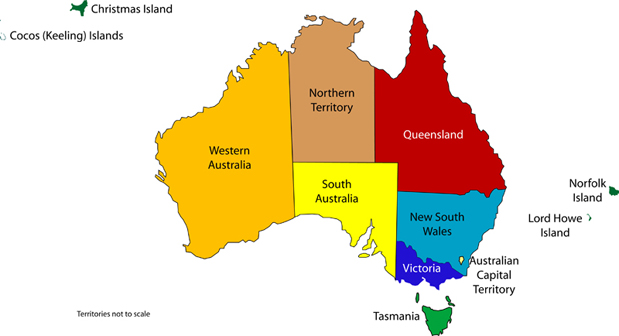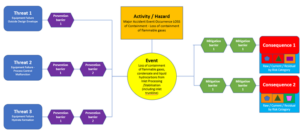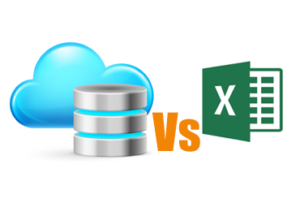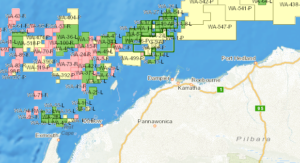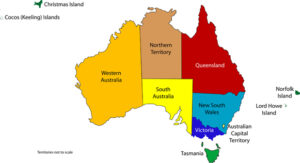Managing oil and gas legislation across state and federal jurisdictions in Australia is a complex and challenging task. The industry is vital to Australia’s economy, accounting for a significant portion of the country’s export earnings and providing employment opportunities across the country. However, as a highly regulated sector, it requires careful coordination between different levels of government to ensure compliance and prevent environmental harm.
At the federal level, the primary regulatory body for the oil and gas industry in Australia is the National Offshore Petroleum Safety and Environmental Management Authority (NOPSEMA). NOPSEMA is responsible for regulating offshore petroleum exploration and production activities in Commonwealth waters, which extend from three nautical miles to the outer limit of Australia’s exclusive economic zone.
The regulatory framework for offshore petroleum activities in Commonwealth waters is set out in the Offshore Petroleum and Greenhouse Gas Storage Act 2006 (OPGGSA). The OPGGSA provides the legislative framework for the management of offshore petroleum resources, including exploration, development, production, and decommissioning.
At the state level, the regulation of the oil and gas industry varies between jurisdictions. For example, in Western Australia, the Department of Mines, Industry Regulation and Safety (DMIRS) is responsible for regulating petroleum activities in state waters. In Queensland, the Department of Natural Resources, Mines and Energy is responsible for regulating onshore and offshore petroleum activities, while in Victoria, the Department of Jobs, Precincts and Regions is responsible for regulating onshore petroleum activities.
The regulatory framework for onshore petroleum activities in each state is set out in the relevant state legislation. In Western Australia, the Petroleum and Geothermal Energy Resources Act 1967 (PGERA) provides the legislative framework for the regulation of onshore petroleum activities. In Queensland, the Petroleum and Gas (Production and Safety) Act 2004 provides the legislative framework for the regulation of onshore petroleum activities. In Victoria, the Petroleum Act 1998 provides the legislative framework for the regulation of onshore petroleum activities.
The challenge in managing oil and gas legislation across state and federal jurisdictions is in ensuring consistency and avoiding duplication. This requires close coordination between the various regulatory bodies and a shared commitment to best practice. To achieve this, the COAG Energy Council was established in 2013 to provide a forum for cooperation between the Commonwealth, state and territory governments on energy policy and regulation.
In conclusion, managing oil and gas legislation across state and federal jurisdictions in Australia is a complex and challenging task, requiring close coordination between the various regulatory bodies and a shared commitment to best practice. The development of a consistent regulatory framework, based on best practice principles, is essential to ensure the safe and sustainable development of Australia’s oil and gas resources, while protecting the environment and ensuring the industry’s contribution to the economy.
Totum Compliance allows you to actively manage and build out your compliance programme, automatically creating your audit history, and ensuring that you remove key person risk when retaining company knowledge from now into the future. To see more go to industries, or view the modules available, or to find out more about Totum go here.

